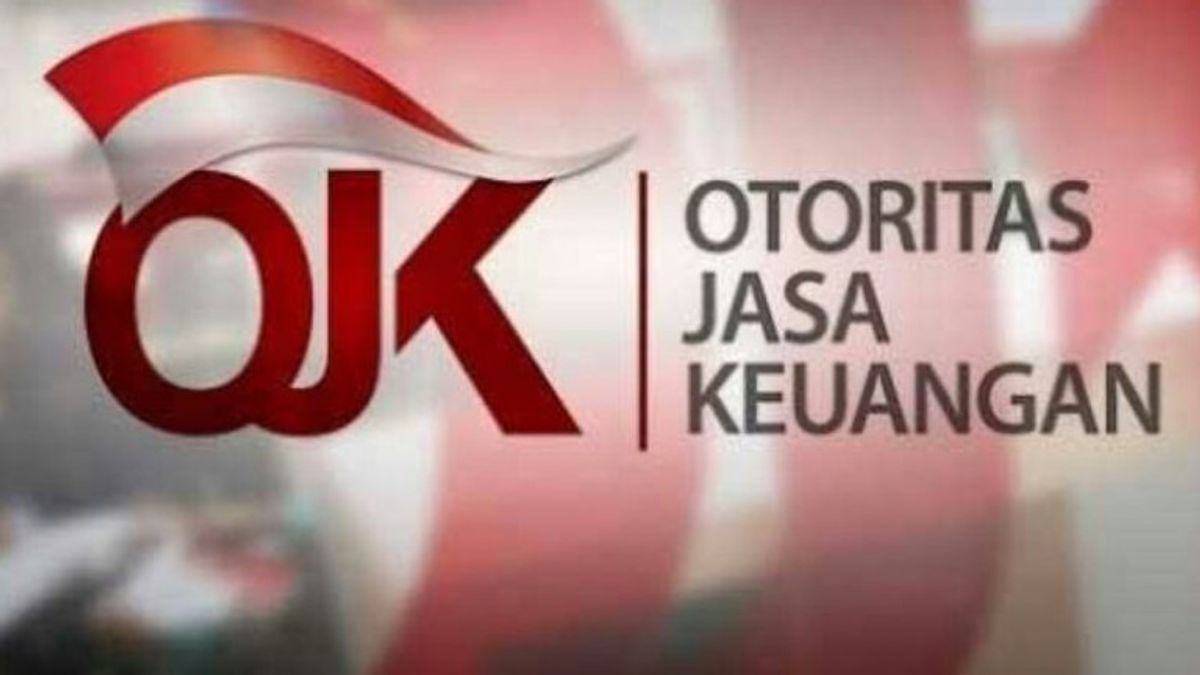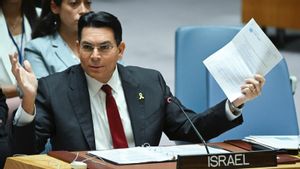BOGOR - Head of the Sharia Financial Inclusion and Literacy Group of the Financial Services Authority (OJK) Muhammad Ismail Riyadi said the level of Islamic financial literacy in Indonesia is still very low.
"If we look at the OJK survey, the National Survey of Indonesian Financial Literacy (SNLIK) which is always carried out for 3 years, for example 2022, the gap between the overall level of financial literacy is 49 percent, the Islamic finance is 9.14 percent. So there is still a gap of around 40 percent," he said, quoted from ANTARA, Saturday, October 28.
The gap shows that there are only 9 out of 100 people who actually do Islamic finance.
The new Islamic financial inclusion rate reached 12.12 percent, far behind the general financial inclusion rate which reached 85 percent.
OJK assesses that there are a number of causes that cause the level of literacy and inclusion of Islamic finance to be small. The first is that public understanding of Islamic finance is still low even though awareness of Islamic finance is high.
"Maybe I often hear why the terms are valid (syariah bank contract types) are still Arabic, even though all financial industries now use Indonesian. The contract is used behind when you have to explain the project or sign (contract/contract) or understand (transaction). That's one example, "said Ismail.
The second cause, he said, is related to differentiation of processes that occur in society when faced with similar Islamic and conventional financial products.
These differences arise, he said, because individuals have different reactions to Islamic and conventional financial products.
Some receive Islamic financial products with more rational properties (based on religious beliefs), some are more loyal (loyal) to conventional products or some are still comparing sharia products with conventional products.
According to him, Islamic banking products have many variations in the form of agreements that are used when compared to conventional products. However, the challenge that must be overcome is how to deal with differences in individual preferences and educate the public about Islamic financial products to increase Islamic financial literacy and inclusion.
"Thirdly, the competence of human resources in the Islamic financial industry must be improved. Although there are many universities and sharia economic graduates, the increasingly high industrial needs demand the development of human resource capacity in the Islamic finance industry," he explained.
"Then (the next cause) in terms of products and services, the use of technology is not optimal, as well as aspects of regulations and capital that do not support it," he said.
The English, Chinese, Japanese, Arabic, and French versions are automatically generated by the AI. So there may still be inaccuracies in translating, please always see Indonesian as our main language. (system supported by DigitalSiber.id)













